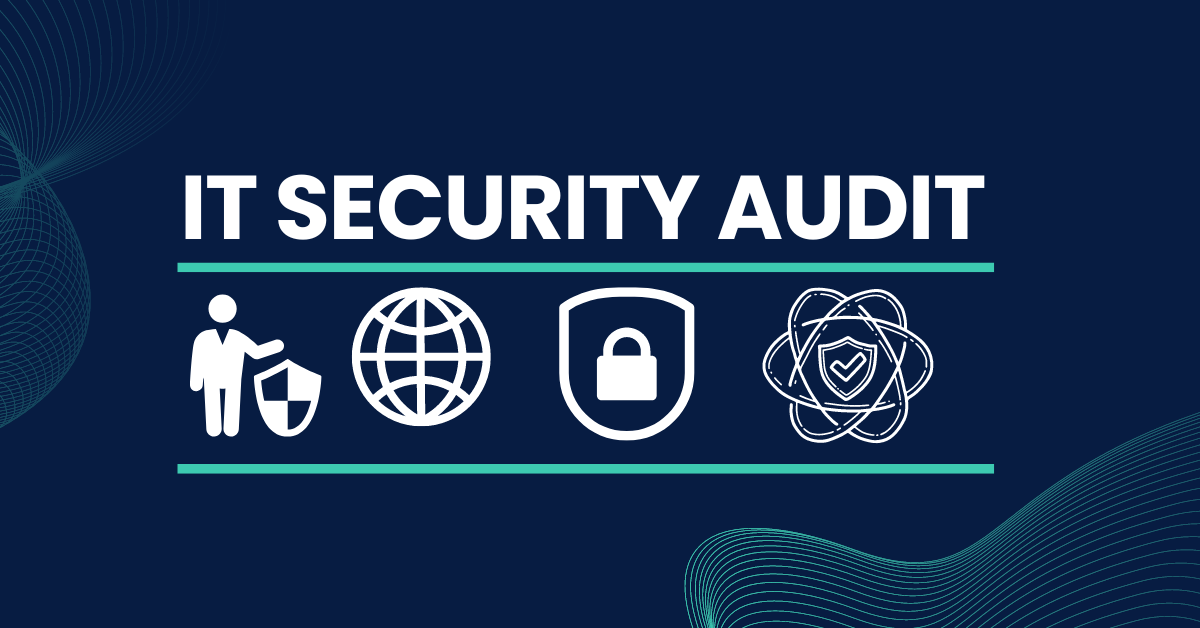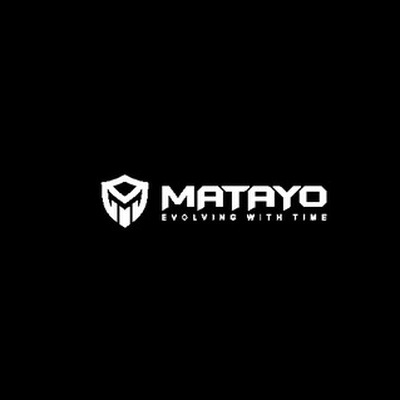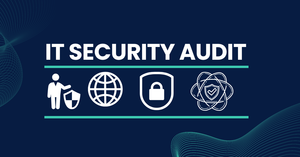More from Matayo AI Solutions Pvt Ltd
More in Politics
Related Blogs
Archives
Social Share
Understanding the Need for an IT Security Audit for ISO 27001 Certification
Posted By Matayo AI Solutions Pvt Ltd
Body

As companies increasingly recognize the need to protect their sensitive information, one of the most critical steps in achieving this is through an IT Security Audit. This audit forms the foundation for ISO 27001 Certification, an international standard for Information Security Management Systems (ISMS) that provides a systematic, ongoing approach for safeguarding information security processes.
What is an IT Security Audit?
IT security audit is a comprehensive audit of information systems, policies, and procedures within an organization. Generally, it is designed to locate weaknesses in the systems, assess various risk management strategies, and ensure that the organization complies with different regulations and standards, such as ISO 27001. The audit involved reviewing the technical controls, including access control devices like firewalls and the methodologies applied in encryption, as well as administrative controls, such as employee training and incident response plans.
The Role of IT Security Audits in ISO 27001 Certification
ISO 27001 Certification is an assurance that an organization has implemented a sound ISMS to meet the requirements set by the standard. In this respect, an IT security audit performs a number of functions.
Vulnerability identification involves an audit process which might find those areas in systems and processes where the entity may have security lapses. This would, in turn, mean that an audit examines the adequacy of an existing security posture and finds out where attention or improvement is called for. A proper audit checks the effectiveness of the already working risk management strategies in order to make sure that not only these risks have been identified but, as a matter of fact, they are prioritized on the basis of their potential impacts on the organization. This alignment is essential in aligning security with business objectives.
ISO 27001 compliance requires that an organization adhere to certain policies and procedures for information security. An audit helps ensure those procedures are in place and working properly, so streamlining the certification process with minimal glitches. In addition, the ISO 27001 certification enforces continuous improvement requirements within the ISMS management process. Regular auditing yields good information on how well ISMS is functioning and where further improvements should be necessary or need to be made.
It also means that if an organization undergoes an in-depth audit, it is very serious about the issue of information security. On the other hand, being able to be proactive may mean confidence-building on the part of customers, partners, and stakeholders that sensitive data are treated with respect by the organization.
Conducting an Effective IT Security Audit
A perfect information technology security audit involves defining a scope, gathering documentation from an organization, conducting interviews, carrying out technical assessments, analyzing findings, and reporting recommendations. In a simple manner, the systems, processes, and assets should be clearly identified for auditing, while policy and records relating to the same are collected. Consult with key personnel on their perceptions regarding the operational aspects involved to clearly define the challenge areas.
Testing security controls using tools and techniques may indicate, through the assessment, weaknesses in the infrastructure. Compiling the data collected during an audit and analyzing it produces actionable insights; these need to be presented to management with recommendations for fixes of the vulnerabilities and enhancements to security measures.
Conclusion
In conclusion, ISO 27001 certification in Bangalore strengthens information security management, mitigates risks, and builds stakeholder trust. Matayo offers expert guidance, ensuring seamless certification, continuous improvement, and enhanced confidence in your security practices.














Comments